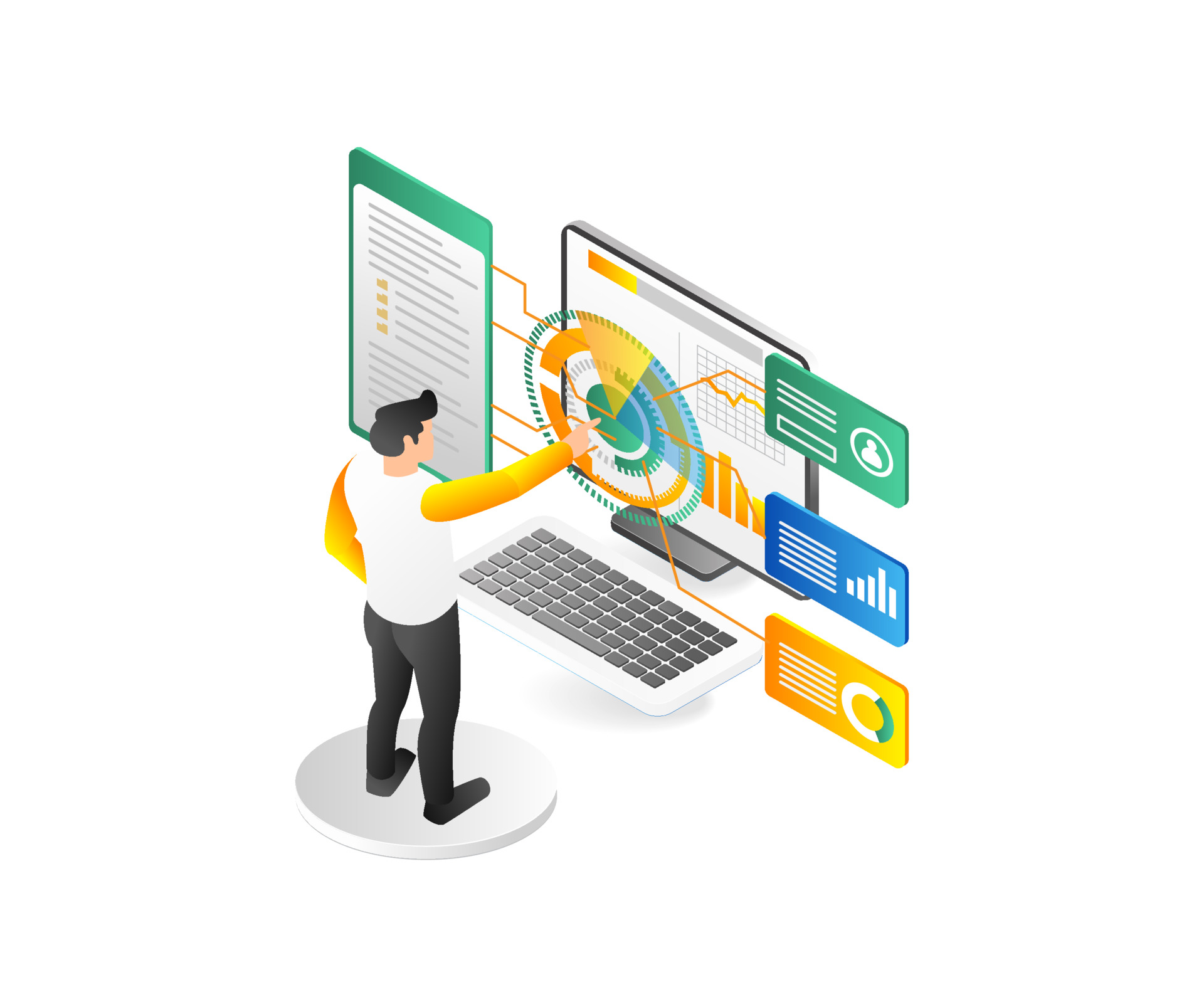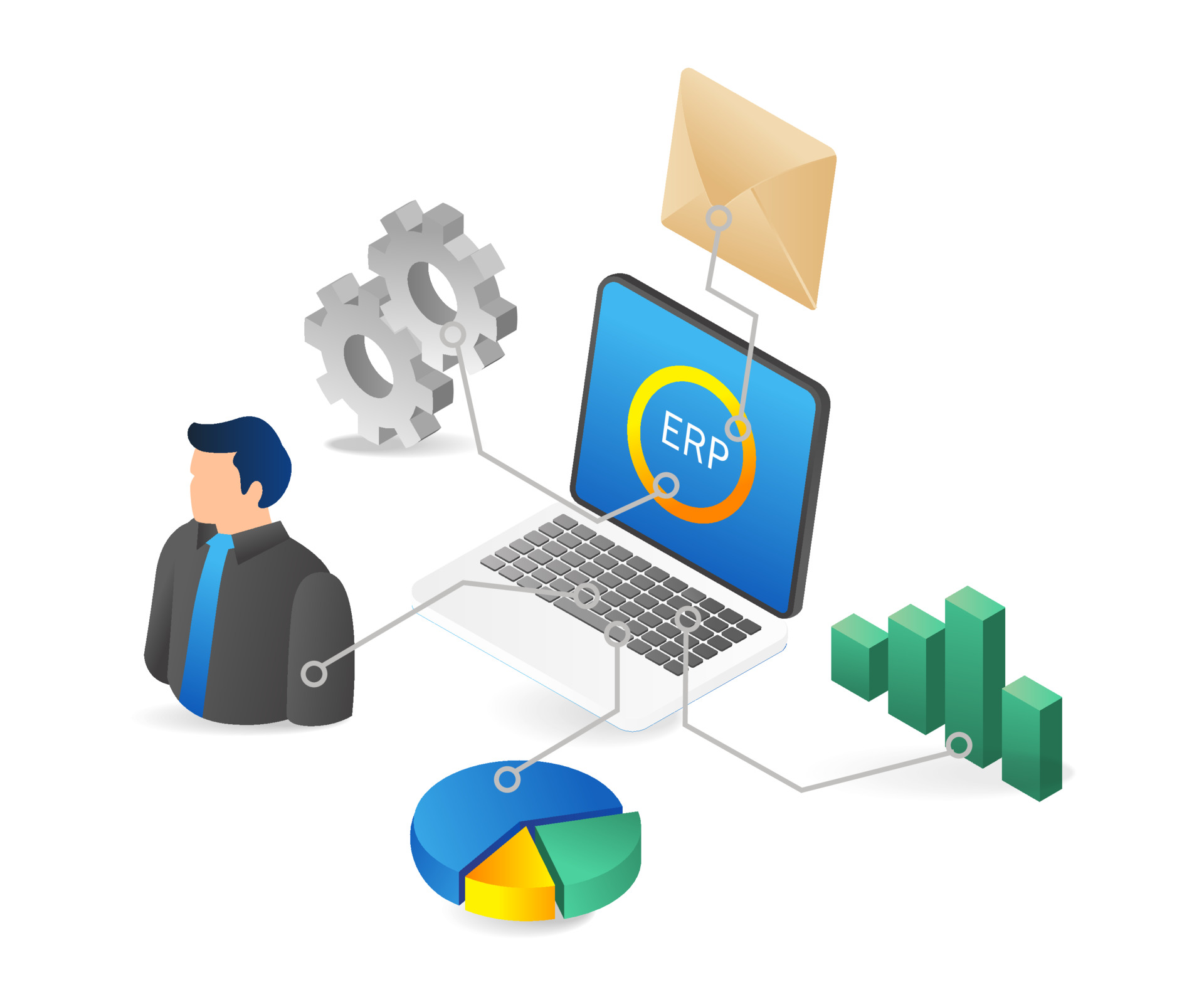ERP Business Consulting Services
ERP Business Consulting Services is a professional service that assists organizations in selecting, implementing, optimizing, and managing Enterprise Resource Planning (ERP) systems. ERP consulting focuses on aligning the ERP software with the unique business processes, goals, and needs of an organization to enhance operational efficiency, reduce costs, and provide better data-driven decision-making capabilities.
1. ERP Needs Assessment and Strategy Development
Key aspects of ERP Needs Assessment include:
- Business Process Analysis: Analyzing current business processes to identify inefficiencies and gaps.
- Requirements Gathering: Collaborating with stakeholders to gather functional and technical ERP requirements.
- ERP System Selection: Guiding organizations to choose the right ERP platform based on their needs.
- Roadmap and Strategy Development: Creating a strategic roadmap for ERP implementation that aligns with business goals.


2. ERP Implementation Planning and Execution
Key aspects of ERP Implementation include:
- Project Planning and Management: Defining project scope, timeline, and budget for a smooth implementation.
- System Design and Configuration: Configuring the ERP system to align with business processes.
- Data Migration and Integration: Executing data migration from legacy systems and integrating with other applications.
- Testing and Quality Assurance: Ensuring the ERP system is free of defects before going live through thorough testing.
- Change Management and Training: Developing change management strategies and providing training for users.
3. Post-Implementation Support and Optimization
Key aspects of post-implementation support include:
- Ongoing Support and Maintenance: Providing troubleshooting and maintenance for the ERP system.
- Performance Monitoring and Optimization: Monitoring system performance and optimizing efficiency.
- Customization and Enhancement: Implementing new customizations or enhancements as needed.
- ERP Upgrades and Updates: Managing ERP software upgrades and updates for new features and security patches.


4. Business Process Reengineering and Improvement
Key aspects of process improvement include:
- Process Redesign: Re-engineering business processes to align with best practices.
- Performance Metrics and Reporting: Creating KPIs and customized reports to track business performance.
- Continuous Improvement: Establishing a framework for ongoing process improvements using ERP data.
Types of Organizations That Benefit from ERP Business Consulting
- Small and Medium Enterprises (SMEs): Companies looking to replace legacy systems, automate processes, and scale operations.
- Large Enterprises: Organizations seeking to integrate multiple business units, standardize processes, and gain real-time visibility across the entire enterprise.
- Industries with Complex Processes: Industries such as manufacturing, healthcare, retail, financial services, and logistics that require robust and scalable ERP solutions to manage complex supply chains, regulatory requirements, and diverse operations.

Benefits of ERP Business Consulting
- Improved Efficiency and Productivity: Streamlining processes to enhance productivity across departments.
- Cost Savings: Reducing manual tasks and errors by consolidating workflows into one platform.
- Better Decision-Making: Real-time data for informed decision-making through comprehensive reporting.
- Scalability and Flexibility: Ensuring the ERP system grows with the organization.
- Risk Mitigation: Minimizing project risks through strategic planning and change management.
- Enhanced User Adoption: Effective training and support improve ERP system adoption.
- Compliance and Security: Ensuring data security and compliance with regulations.